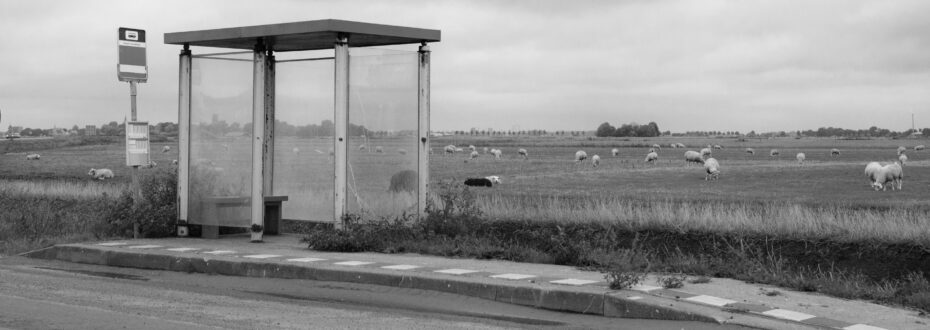Children living in remote rural and coastal communities in the UK are at risk of missing out on mental health support, says a report published today by Centre for Mental Health.
The space between us, by Louis Allwood, explores evidence about the mental health and wellbeing of children aged between 8 and 13 years living in isolated communities across the UK. Funded by BBC Children in Need, The space between us finds that children living in remote areas face isolation and struggle to get help for their mental health because of poor transport, a lack of safe spaces to meet in and poor digital connectivity.
Children living in poverty, disabled children, children from marginalised communities and children whose gender or sexual identity is different to most of their peers face especial disadvantages in remote and rural areas. Rural poverty is less visible than in urban areas but can leave children especially isolated and excluded.
The space between us also finds that rural areas are often poorly served by specialist mental health services, and years of austerity have eroded local services, such as early years and youth work, that help to boost children’s wellbeing and prevent later crises.
The report calls for action to boost children’s mental health in rural and coastal communities. This includes funding for local councils to improve wellbeing, investment in digital infrastructure in places that have been left behind, and developing promising approaches to supporting children’s wellbeing such as mobile support services, peer support networks and better use of existing community spaces.
Centre for Mental Health deputy chief executive Andy Bell said: “Children in remote rural and coastal communities have been overlooked for too long. While rural life can be good for mental health, children growing up in poverty, with disability or in a marginalised or oppressed community face a high risk of poor mental health with little support close to home. Without access to public transport or digital connection, children face prolonged isolation, exclusion and insecurity.
“We need to take action now to ensure no child’s mental health is put at risk because of where they live. This means investing in rural and coastal areas, from parks, schools and community centres to mental health services, and reaching out especially to children facing the biggest disadvantages in life.”
The report is the result of research funded by BBC Children in Need through its impact programme, A Million & Me, which seeks to support children aged 8-13 who are beginning to struggle with their mental health and wellbeing.
Paddy Sloan, Project Director at BBC Children in Need, said: “Growing up in isolation, rural, island or coastal, can add to the sense of loneliness for some children who feel different or distant from their peers and where support structures are limited. We’re committed to addressing these challenges through our A Million & Me programme, which supports children who are beginning to struggle with their mental health. As a funder, we are keen to work with initiatives that create opportunities to develop positive relationships that can help children growing up in isolation to feel more connected.”


